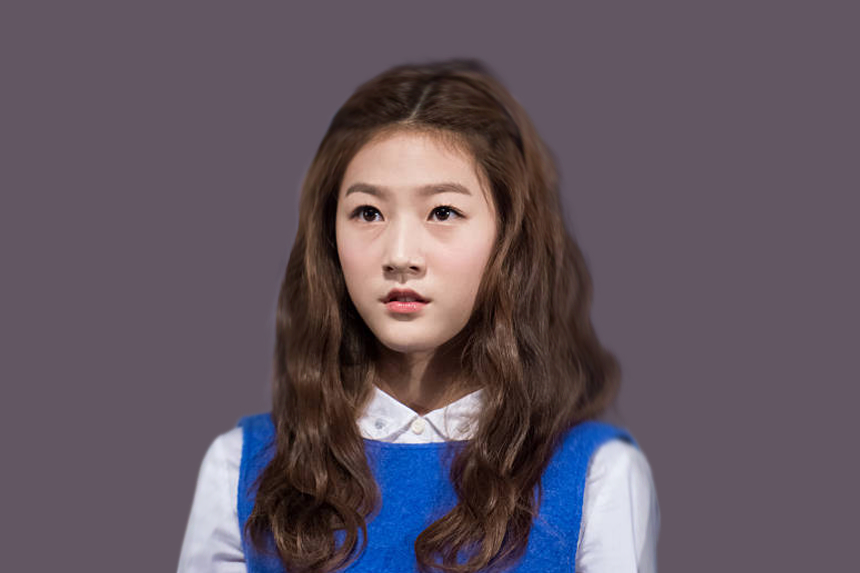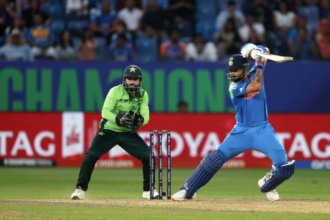Following the sad death of actress Kim Sae-ron, the South Korean entertainment scene is once more under close examination. On Sunday, the 24-year-old was discovered dead in her Seoul house; authorities think she committed an apparently suicide. Although police have not offered more specifics on her death, her passing has sparked debates on the great celebrity pressure stars experience in South Korea.
- How Does South Korea’s Culture Contribute to This Pressure?
- Why are celebrities singled out more harshly than others?
- What part might the media and cyberbullies play?
- Should past tragedies teach the entertainment business something?
- How Does This Compare to the West?
- Will significant change be brought about?
After a 2022 drink-driving conviction, Kim had suffered strong public criticism. Her decision to fade from public view was influenced by harsh press coverage and unrelenting online abuse. Scenes depicting her were even deleted from episodes including Netflix’s 2023 drama Bloodhounds. The harsh treatment she received is emblematic of how South Korean celebrities are scrutinized, often leading to significant mental health struggles.
How Does South Korea’s Culture Contribute to This Pressure?
South Korea is notorious for its hyper-competitive culture, not just in the entertainment business but also in education and careers. Among developed countries, the nation boasts among highest suicide rates. Although general suicide rates have dropped, death among young individuals in their 20s are rising.
The pressure is even more great for celebrities. They are under great scrutiny from fervent “super fans” and are supposed to present an image of perfection. Any mistake, even small one, may ruin a career. This culture of perfectionism has led many stars to despair, with Kim’s death being the latest in a series of high-profile suicides prompted by celebrity pressure.
Mental health remains a significant concern, with many stars struggling in silence. Even although some entertainment companies try to offer psychological support, mental health problems still carry stigma in South Korea. Because they worry they would be seen as weak and are therefore reluctant to seek help, celebrities find it especially difficult to manage the relentless stress.
Why are celebrities singled out more harshly than others?
The public treatment of celebrities like Kim Sae-ron starkly contrasts with how other public figures are judged. Politicians, such as opposition leader Lee Jae-myung, have been able to bounce back from drink-driving convictions, yet artists face career ruin. The disparity draws attention to the very high expectations placed on performers relative to those in politics or business.
A cultural critic pointed out that in South Korea, it is not enough for celebrities to face legal penalties. Often exacerbated by the media and internet forums, they are also constantly under public humiliation and ridicule. Their careers define them in great part by celebrity pressure, hence they find it challenging to bounce back from any public blunder.
This kind of scrutiny can be particularly devastating for young performers, who enter the industry at an early age and may not have the emotional resilience to endure such strong criticism. Unlike their Western counterparts, South Korean stars are required to keep an absolutely perfect image, hence rebuilding their careers after a scandal is practically difficult.
What part might the media and cyberbullies play?
Particularly in the entertainment business, cyberbullying has grown to be a major problem. Online trolls and YouTubers profit from spreading misinformation and harsh remarks, while news sites capitalize on popular fury to boost traffic. The father of Kim Sae-ron has directly blamed a YouTuber for his daughter’s death, alleging that their video caused her great emotional distress.
A civic group has decried the media’s role in what they call a “cycle of media-driven character assassination.” They argue that unverified claims and sensationalized reporting fuel public hostility and make it difficult for those who have made mistakes to move forward with their lives.
The internet has a huge role in shaping public perception. Online groups that pretend to be moral judges have unfairly singled out many celebrities. Some netizens even organize boycotts and persuade corporations to cancel sponsorships, effectively ruining an artist’s career overnight. This constant internet harassment further exacerbates celebrity pressure, forcing many stars into solitude and melancholy.
Should past tragedies teach the entertainment business something?
Kim’s passing comes after the sad suicides of other South Korean celebrities who endured years of online persecution, including K-pop stars Sulli and Goo Hara. While the industry has taken some attempts to address mental health concerns, meaningful transformation remains elusive.
The surge of celebrity suicides was compared by a psychiatry professor to a real-life Squid Game, in which society rejects those who fall and moves on without recognizing the harm done. Although crimes like drunk driving have to be punished, he said, a society that denies second chances is not a healthy one. One of the main worries still is the celebrity pressure South Korean stars deal with.
Stronger legal actions against those who disseminate negative rumors online have been suggested as means of combat against cyberbullying. However, punishment remains patchy, and many trolls continue to behave with impunity. For celebrities who undergo sudden public shame, there also is a dearth of organized support structures that would enable them to heal both personally and professionally.
How Does This Compare to the West?
Entertainment business experts emphasize that in the West, controversies do not generally end careers. Although a Hollywood star arrested for DUI can suffer some temporary harm, full ostracism is usually not the outcome. Some conflicts even help to define a star rather than bring about their demise.
By contrast, South Korean celebrities seldom ever bounce back from public humiliation. Many find it difficult to handle the pressure to keep a perfect image combined with the negative feedback they get. The business is harsh, hence even little violations could result in lifetime ban from entertainment venues.
Some analysts contend that by embracing a more forgiving approach toward celebrities who make errors, South Korea might choose lessons from Western entertainment companies. Hollywood public personalities, for instance, frequently follow redemption arcs; many of them can stage effective comebacks. Adopting a similar attitude will help South Korea’s entertainers to relieve some of the celebrity strain.
Will significant change be brought about?
Despite ongoing negotiations, many remain unconvinced that Kim’s death will lead to significant change. One cultural researcher noted that cyberbullying and intrusive reporting still originate from financial and attention rewards. Without harsher legal consequences for online harassment and unethical journalism, the cycle is likely to continue.
The sad death of Kim Sae-ron provides still another wake-up call for the entertainment sector of South Korea. However, whether the country will take meaningful steps to protect its stars from relentless scrutiny and celebrity pressure remains an open question.
Real change can only happen if there is a collective effort from the public, entertainment agencies, and the government. South Korea’s entertainment business will continue to see similar tragedies happen until more major steps to shield stars from online harassment and unfair media treatment.








